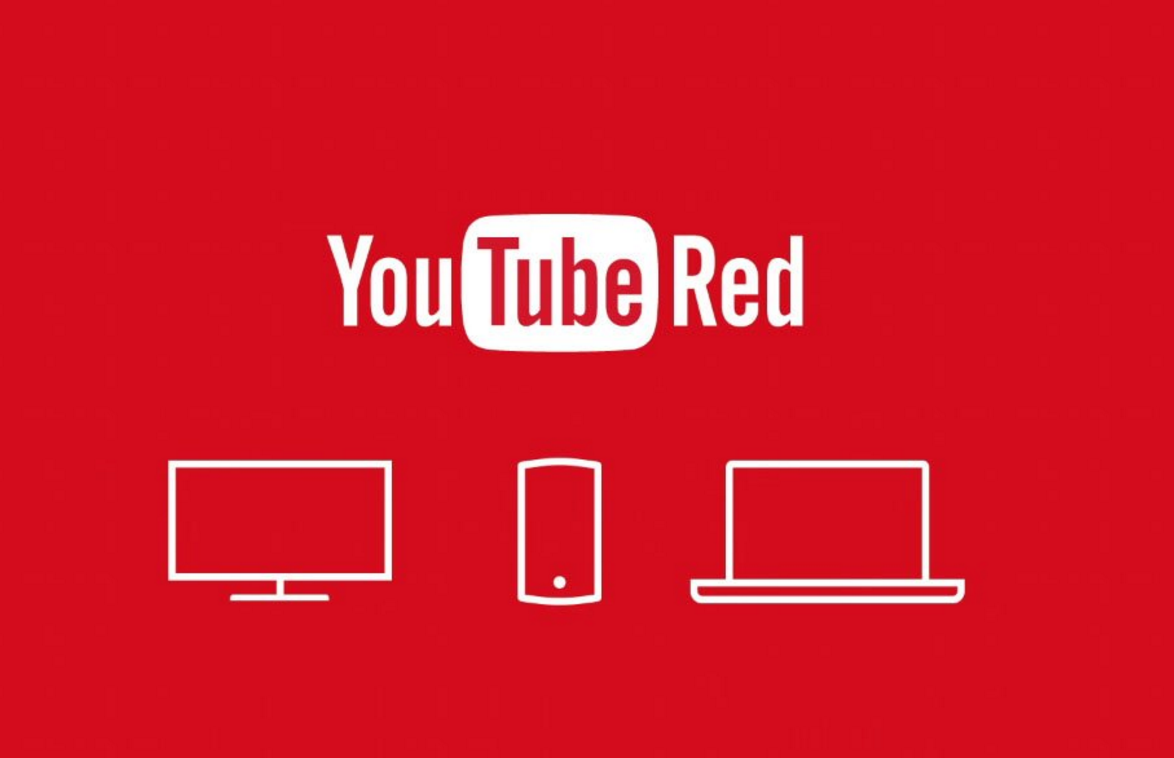Ad-Vocates for Advertisements
It doesn’t matter how much we learn about the development of advertisements if no one is going to ever see them. I have found that the topic of ad blocks is always brushed aside, but is a key factor in the feasibility of any ad campaign. These third party extensions have caused major headaches and upsets for parties big and small.
Recently, Guru3.com has released data about how the gaming community site has lost 50% of ad revenue due to users blocking ads using programs like Adblock Plus. Since, they have sent out a public plea to their users to white list the site. Similar results were found on YouTube where renown gamer PewDiePie polled his followers to find that 40% of his followers have an ad block program installed. For channels big and small who rely on ad revenue to fund their content creation this translates in 40% of lost salary. Overall, ad block may be unintentionally restricting online operations or even exterminating some parties.

In reaction, companies and even creators of ad blocks have sought remedies to this. For instance, Adblock Plus’ Acceptable Ads program, ad blocker blockers (content is hidden while ad block is on), and YouTube’s Red ad removal subscription service are all examples of the companies fighting back against ad removal programs.
Consequences of Convenience
The implications of ad block are huge for marketers as the potential audience is likely significantly less than estimates. This puts an even greater pressure on ad creators to publish high quality content in order to maximize conversions. At the moment, we cannot bypass ad block extensions, but we can work towards improving ad placement. Specifically, ensuring that ads are related to the proper keywords and websites. This issue has spilled over to mobile marketing as Apple has allowed for ad blocks to be installed onto mobile devices.
